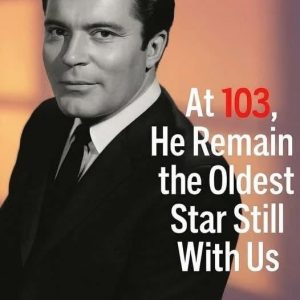In a Vanity Fair interview, Grammy-winner Lizzo addresses her crossover success and the predominantly white fanbase it brings. Despite high popularity, she creates music authentically reflecting her Black experience for personal healing. Rooted in R&B, hip-hop, and gospel, hits like “Juice” and “Good As Hell” expanded her fanbase. Lizzo clarifies her primary audience is Black women, emphasizing the need for self-love anthems in their community.
She faces criticism about creating from a Black perspective, deeming it intrinsic. Discussing a recent controversy involving James Madison’s flute, Lizzo expresses hopelessness, citing historical mistreatment of Black women. Her activism includes a $500,000 donation to Planned Parenthood, matching Live Nation’s contribution. Lizzo underscores race’s role in issues like Roe v. Wade, addressing white male supremacy and complicity. Beyond music, Lizzo’s journey navigates race complexities, reinforcing self-love and establishing her as a powerful voice in today’s cultural landscape.





